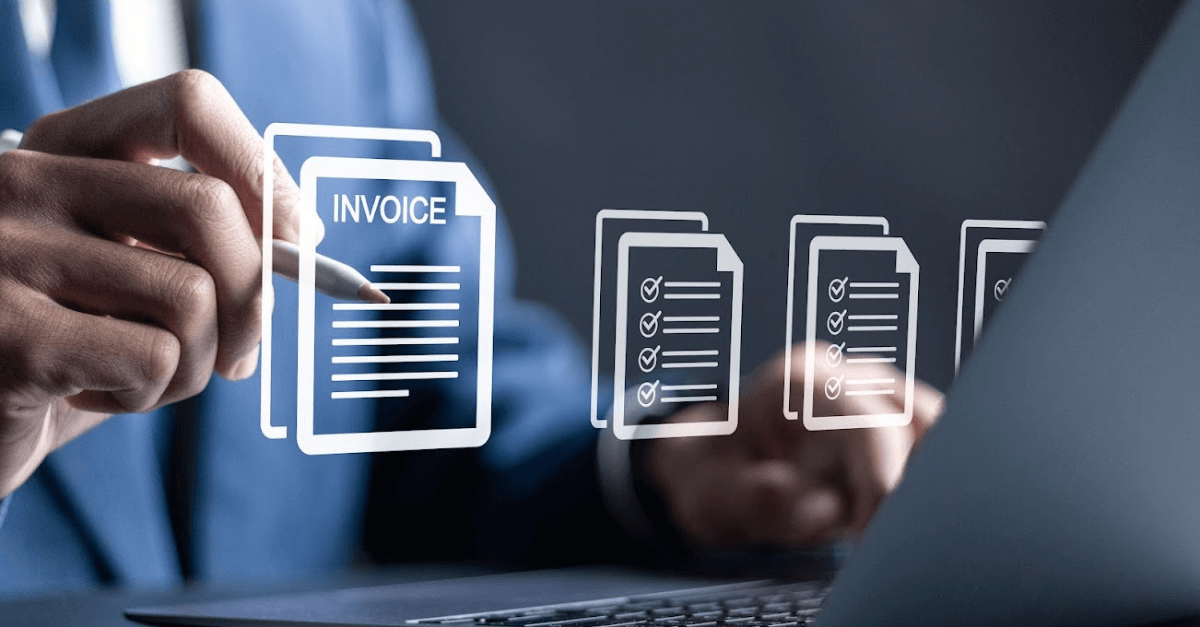What is EESPA?
The European E-invoicing Service Provider’s Association (EESPA) is made up of members and associate members. Working together, we act as a trade body across Europe.

Established in 2011, EESPA is a non-profit organisation designed to develop best industry practices and foster influence in the public policy domain. EESPA also provides opportunities for business networking and outsourcing, plus financial, technological and electronic data interchanging (EDI) services.
With 90+ members, Europe's development and efficiency of electronic invoicing (e-invoicing) has significantly advanced thanks to EESPA. EESPA reports an overall invoice volume processed by the membership exceeding two billion per annum. Of this at least two hundred million transactions are exchanged using interoperability services between members.
What is EESPA’s role?
Businesses who send and receive large volumes of invoices across the globe save significant time and cost if all their invoices are in one standardised format and are tax compliant for each country. This allows for efficient processing.
International legislation aids businesses with standardised invoice formats that meet tax and processing requirements.
EESPA stands as a body to debate, promote and defend member interests. Interests such as ensuring e-invoicing laws reflect the industry’s needs. EESPA also actively holds discussions with the e-invoicing workforce to understand industry issues, offer potential solutions and frameworks for interoperability. It intends to create a non-competitive market, where members willingly collaborate to develop best practices and influence public policy.
The governance and divisions of EESPA
EESPA’s governance is made up of co-chairs, the Secretary General, the Executive Committee and different working groups:
Interoperability working group
Interoperability is the ability of systems and software to exchange and understand unique information. This means, regardless of format, both sellers and buyers can share equally understandable and compliant e-invoices using their interoperable service providers.
To support this, the Interoperability working group creates detailed proposals for the development and maintenance of EESPA frameworks, agreements, components and tools.
The latest standard defined by EESPA is EIN (EESPA Interoperability Network).
Public Policy and Compliance working group
The Public Policy and Compliance working group monitors and ensures compliance to tax authorities’ e-invoicing legislation and policy. They also break down evolving legislation and global supply chain developments into easily understandable guidance.
Plus, the group actively leads industry attitudes in policy debates and contributes to global policies. Other focuses include:
- Continuous Transaction Controls (CTCs); updating members on CTC developments and contributing to better practices
- SME enablement
- Updating of the Summary of Policy Positions
EESPA and Peppol
It is worth noting how EESPA and Peppol are connected, as the two organisations heavily influence electronic invoicing processes around the globe.
Working together, the two organisations have co-created the Global Interoperability Framework. This framework supports businesses, service providers and governments in being able to easily exchange and automate supply chain documents and information.
By joining forces, the organisations create one strong business case to help governments and tax authority stakeholders, see the benefits that interoperability can bring to their local markets. Both organisations understand the importance of ensuring that e-invoicing models and mandatory tax compliance processes benefit all parties involved and that the models support the transition to a fully automated and digitalised supply chain process.
What are the two parties currently discussing? The first important topic is the use of a common network for B2B and B2G transactions by "merging" the EIN standard with the Peppol standard (more information available here).
The second big discussion point is the joint promotion of the DCTCE model for tax authorities across the globe. To learn more about the DCTCE model, what it means, who else is involved and how the model will influence new e-invoicing mandates take a look at our explanation.
EESPA and Unifiedpost Group
As a full EESPA member, we at Unifiedpost Group work to improve our services and opportunities within the global e-invoicing industry. Through this, we can provide better service and solutions for our customers. Services and solutions that are compliant and reflect current legislation.
Our Billtobox solution offers SMEs one efficient tool to create, send and manage e-invoices and their processes. While our Channel solution for larger businesses, quickly and efficiently converts documents and data into any standardised format that is tax compliant in over 60 global countries.
Not sure which e-invoicing solution is right for your business? Take a look at overall e-invoicing solutions.
Tell us your business needs, and we’ll find the perfect solution
Get in touch

